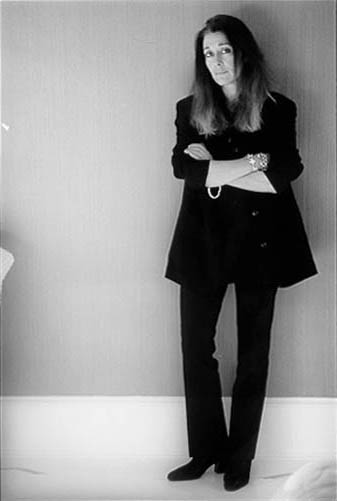
There’s an extraordinary interview/profile of the poet Jorie Graham in the New Yorker magazine. The publication date is January 1, 2023. Depending upon when you were born, it’s date that has a feeling of a far-off future. And yet, here it is. Another year has come—perhaps this is the year when the feeling of “too lateness” will become palpable to the masses.
Here’s a passage from Graham’s interview. It’s heartening to hear a poet taking on and exposing through words the world lying beneath the simulacrum.
The distractions come in increasingly enticing forms: fantasy facts, conspiracy theories, end-time narratives, V.R. worlds, and the ultimate (albeit also ancient) wish to become utterly other than one is, the fantasy of total escape from one’s self. We see this in situations as starkly clear as young girls addicted to apps which change their faces and bodies, until they are made ill with toxic self-hatred, bafflement, and shame. We know we are in a potential death spiral when so many solutions seem to involve some form of total escape—from one’s flesh, one’s spirit, the planet, the real world of work and love, from the time it takes to learn, from bodily knowledge, friendship, nature, from the uncanny feeling nature gives one of being only one species among other species. That feeling should excite us—it used to. Or mesmerize. Or terrify. The unknown in a life is still a gigantic terra incognita toward which every soul can make its pilgrimage. The unknown is not a “not known”—it is mystery, not a function of information. It is the unknowability embedded in the question that Tolstoy suggests we are to ask of life: What are we to do? You cannot ask Siri for the answer. You cannot take a shortcut to it, as much as our systems, and their new powers, want us short-circuited.
It’s a long interview, so prepare yourself for that. You may need to read it several times to pick up all the threads. It’s a picture in words of the ocean in which we swim.
Jorie Graham Takes the Long View
The poet talks about distraction, ecological devastation, and the future of her medium.
By Katy Waldman, The New Yorker interview, January 1, 2023
Comments closed

